Should the court approve to change the goal to Permanent Guardianship, approval as a Level 1, Child Specific Foster Parent can potentially make you eligible for the Guardianship Assistance Program (GAP). If you become a permanent guardian, you will complete a Guardianship Assistance Agreement. This agreement will ensure you continue to receive a monthly stipend for the child, monthly until the child is either 18 or no longer in your legal custody. If the child in your home is 16 or older when you become the permanent guardian, you will also be able to opt in to Extended Guardianship Assistance that will carry the stipend on until the child turns 21, provided they are attending school or working.
For some children, the court will determine that adoption is a more appropriate goal, and you will be given the opportunity to apply to adopt the child after the rights of the parents are terminated.
.jpg)
Looking for more resources or programs?
Visit heartland.findhelp.com's searchable database–simply enter your zip code to find programs and services near YOU!
Children's Resource Center is a parent resource center and a project of Success By 6. Success By 6 is a community-wide children’s initiative, spearheaded by United Way of Central Florida and founded by Carol Barnett, President of Publix Charities in 1995 that brings together resources to form a community partnership. Success By 6 is an initiative to make early childhood development a top priority in Polk, Hardee and Highlands counties and to ensure that all children, by the age of six, have the physical, emotional, social, and mental foundation to succeed in school and in life.
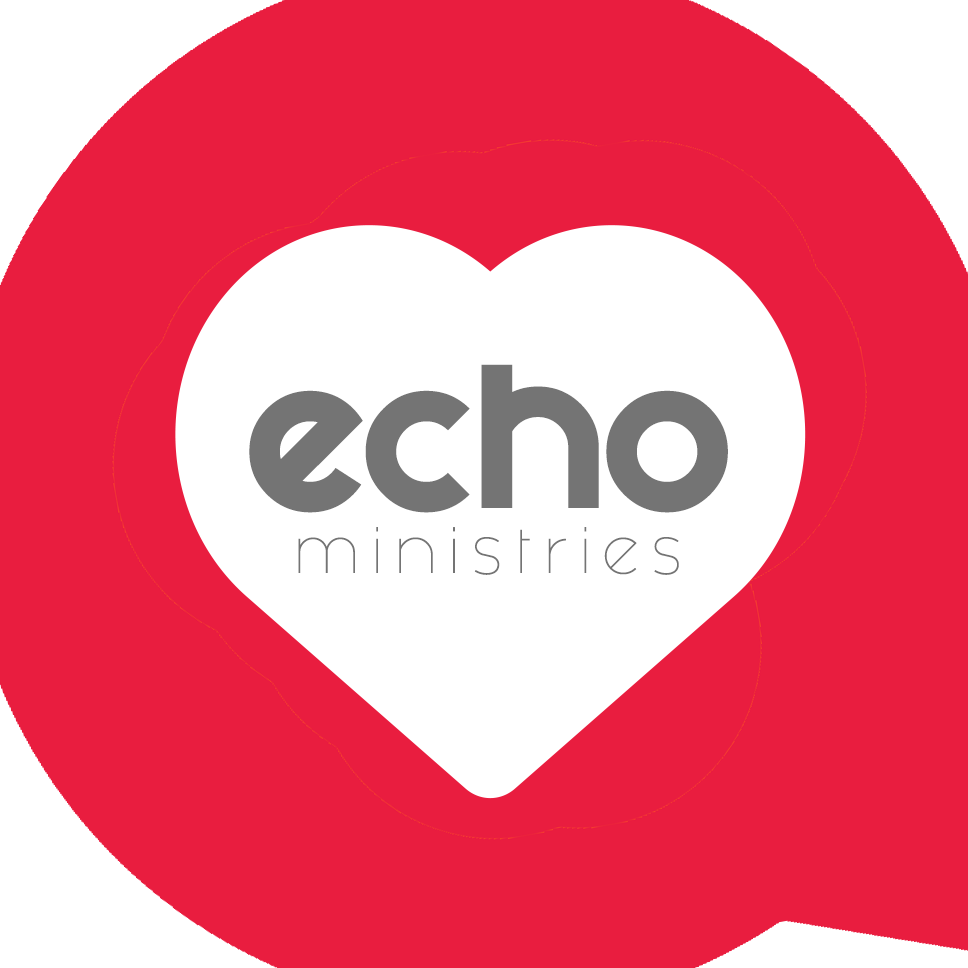 ECHO Ministries | Providing for the spiritual and tangible needs of children in care.
ECHO Ministries | Providing for the spiritual and tangible needs of children in care.
ECHO is a local nonprofit designed to help provide for the tangible needs of children in foster care through their ECHO shops which allow children and families to get the items they need such as clothing, diapers, wipes, backpacks, hygiene products and more for free.

The
Quality Parenting Initiative (QPI) is one of Florida's approaches to strengthening foster care, including kinship care, using branding and marketing principles. It is a process designed to help a site develop new strategies and practices, rather than imposing upon it a predetermined set of "best practices." Our core premise is that the primary goal of the child welfare system is to ensure that children have effective, loving parenting. The best way to achieve this goal is to enable the child's own parents to care for him or her. If that isn't possible, the system must ensure that the foster or relative family caring for the child provides the loving, committed, skilled care that the child needs, while working effectively with the system to reach the child's long term goals.
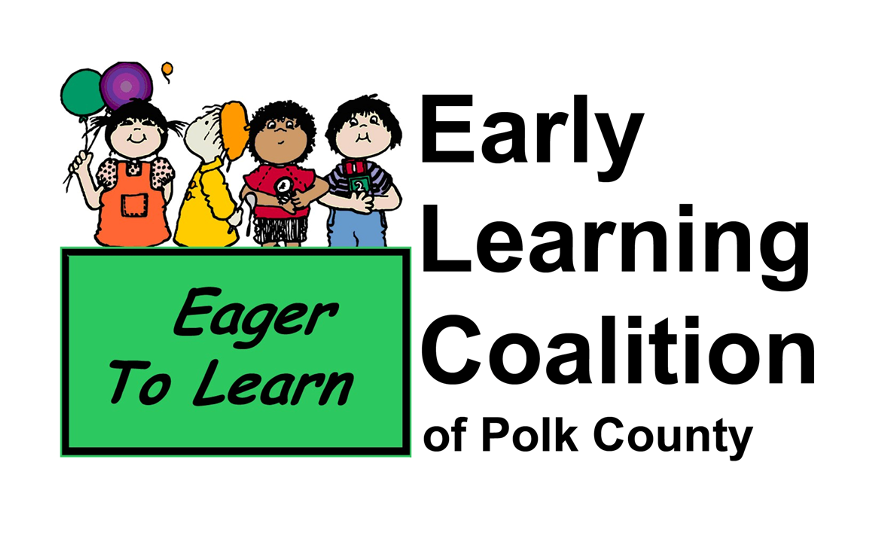
The mission of the Early Learning Coalition of Polk County is to provide leadership, direction, and integrated resource management for quality services that support our vision of success for children. Their vision is that all children enter school healthy, ready and eager for lifelong learning with the collaborative support of parents, families, educators, and the community.
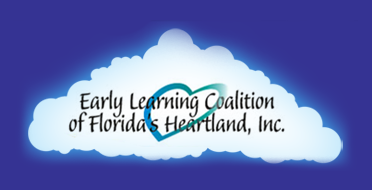 The Early Learning Coalition of Florida's Heartland's goal is to ensure young children in Charlotte, DeSoto, Hardee and Highlands counties have access to high quality early care and education programs. A high quality early care and education program is one that is filled with rich and creative experiences, a developmentally appropriate environment and caring teachers who sincerely connect with young children. Such a program can truly help a young child prepare for school success!
The Early Learning Coalition of Florida's Heartland's goal is to ensure young children in Charlotte, DeSoto, Hardee and Highlands counties have access to high quality early care and education programs. A high quality early care and education program is one that is filled with rich and creative experiences, a developmentally appropriate environment and caring teachers who sincerely connect with young children. Such a program can truly help a young child prepare for school success!
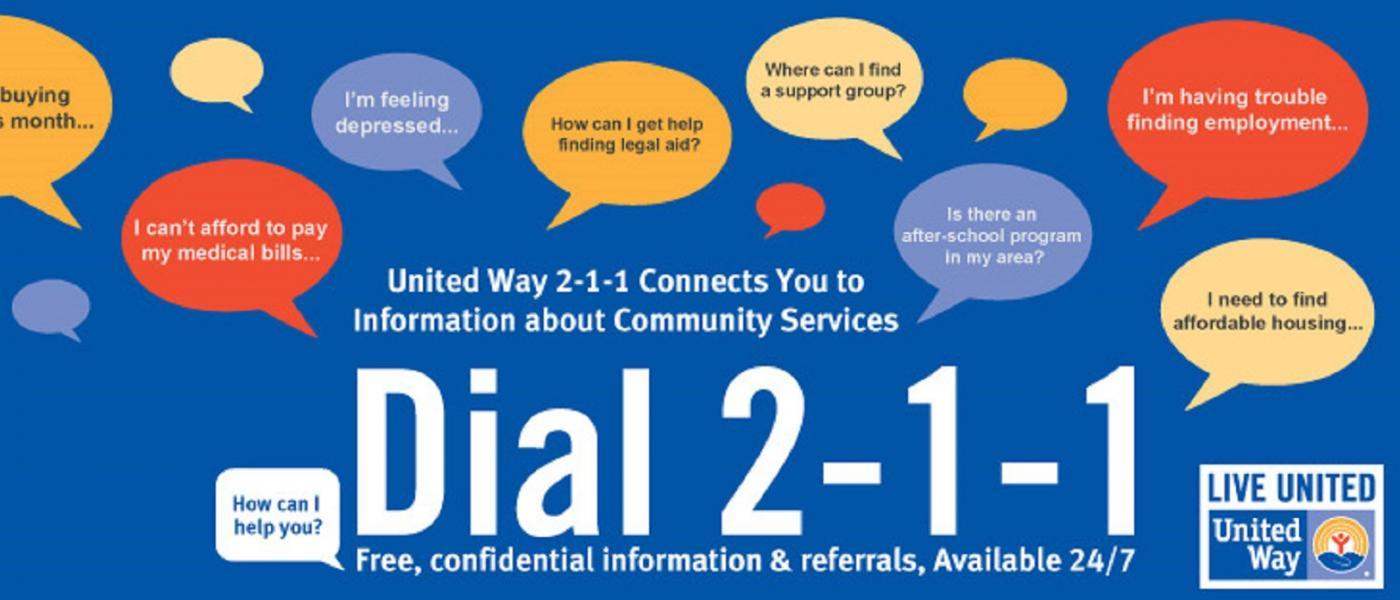
211 is a vital service that connects millions of people to help every year. To get expert, caring help, simply call 211 or visit 211.org
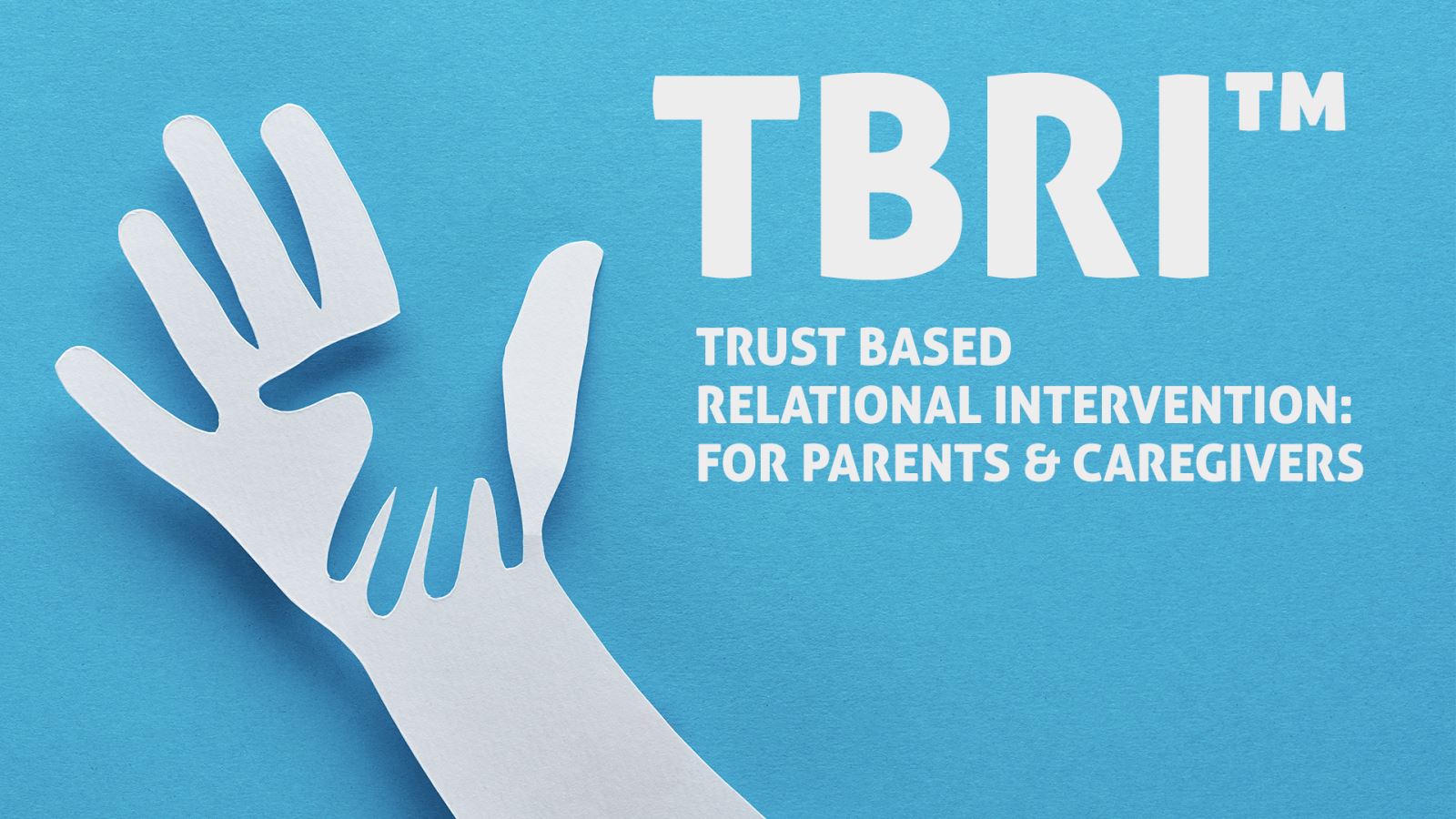 Trust-Based Relational Intervention (TBRI) is an attachment-based, trauma-informed intervention that is designed to meet the complex needs of vulnerable children. TBRI® uses Empowering Principles to address physical needs, Connecting Principles for attachment needs, and Correcting Principles to disarm fear-based behaviors. While the intervention is based on years of attachment, sensory processing, and neuroscience research, the heartbeat of TBRI® is connection. Find helpful articles and resources on their website.
Trust-Based Relational Intervention (TBRI) is an attachment-based, trauma-informed intervention that is designed to meet the complex needs of vulnerable children. TBRI® uses Empowering Principles to address physical needs, Connecting Principles for attachment needs, and Correcting Principles to disarm fear-based behaviors. While the intervention is based on years of attachment, sensory processing, and neuroscience research, the heartbeat of TBRI® is connection. Find helpful articles and resources on their website.
 Charlie Health offers Free Parent Support Groups for parents, grandparents or guardians of teens, young adults, LGBTQIA+, Parent Support for Families of Color, El Grupo de Cuidores en Espanol and Neurodivergent youth.
Charlie Health offers Free Parent Support Groups for parents, grandparents or guardians of teens, young adults, LGBTQIA+, Parent Support for Families of Color, El Grupo de Cuidores en Espanol and Neurodivergent youth.